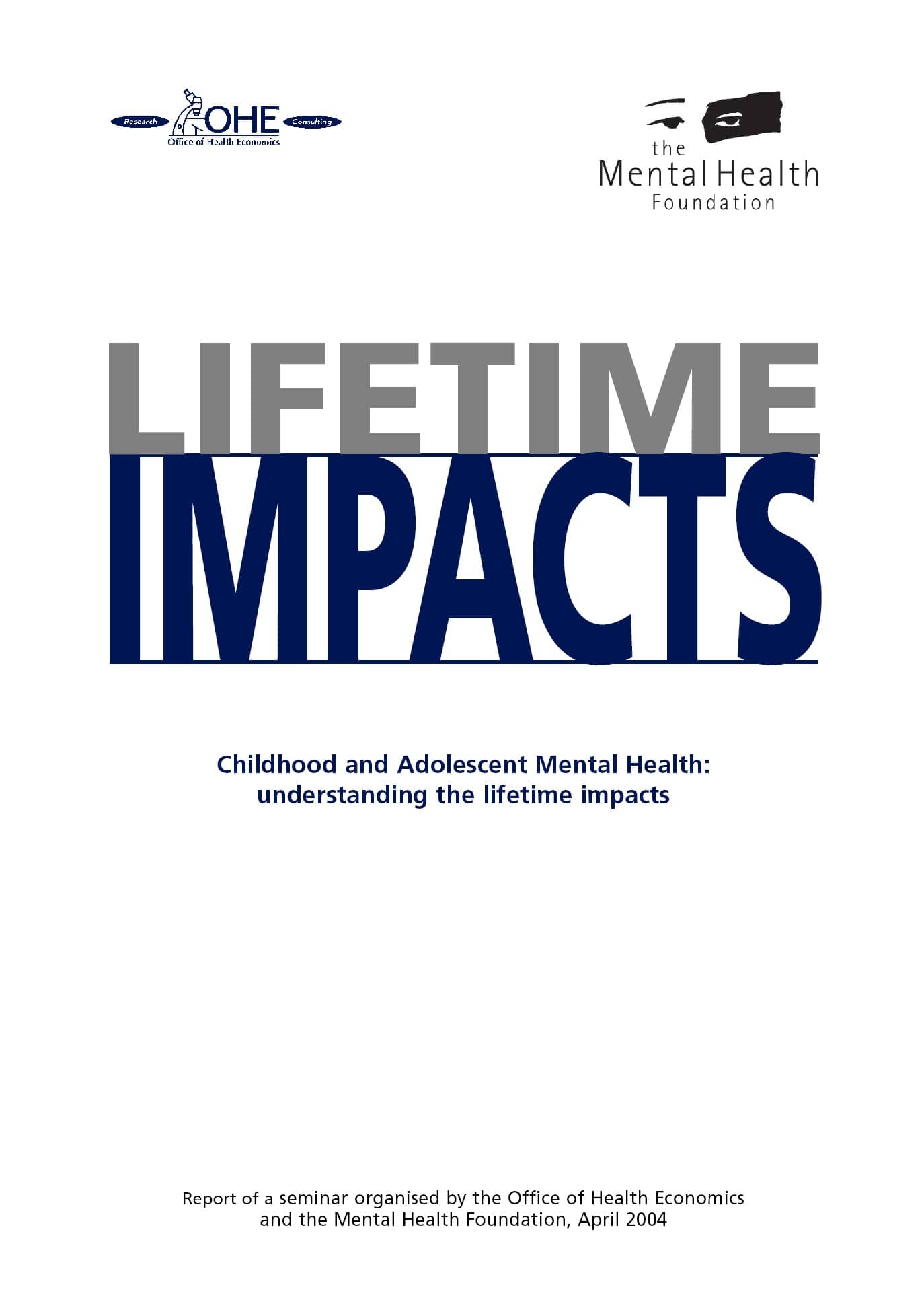I suspect most of us who have had anything to do with the issues surrounding young people’s mental health believe that resolving issues in early life…
I suspect most of us who have had anything to do with the issues surrounding young people’s mental health believe that resolving issues in early life is important to mental health and social functioning in later life. We might articulate this in different…
I suspect most of us who have had anything to do with the issues surrounding young people’s mental health believe that resolving issues in early life is important to mental health and social functioning in later life. We might articulate this in different ways, and clearly any naive model will have counter evidence and counter examples. However, it seems clear that early vulnerability is predictive not just of mental health problems in later life but also of poor socialisation, criminality, lack of participation, relationship difficulties and so on. This relationship is very complex, and is mediated by biological, psychological, and social factors. There is no one-to-one relationship between childhood and adult mental disorder.
The prize to be won in successfully intervening with young people’s crises is potentially huge. The potential benefits not just to the individual but also to the whole of our society imply that putting resources into improving child and adolescent mental health should represent a very sound investment. Yet this is at a time when services are often seen to fail young people, particularly at the transition between adolescence and adulthood. Child and adolescent mental health services are developing rapidly, yet they cannot meet the huge volume of demand and sometimes seem to be structured in ways which do not promote engagement.
Whilst many of us believe that intervening effectively at this stage could give a huge positive legacy to future generations, it is very difficult to prove this. The scale of economic analysis in the area has been modest to date: much more might be done. This seminar was therefore jointly set up by the Mental Health Foundation and the Office of Health Economics to start to explore the area and map what work needs to be done to have a better understanding of what we have called ‘Lifetime Impacts’. I hope this report of the seminar is a useful resource and we at the Mental Health Foundation and the Office of Health Economics will be considering the next steps in establishing a better understanding of this neglected but fundamental mental health issue.
